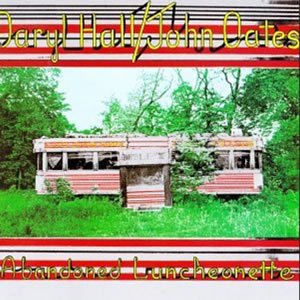Dire Straits
Buy Dire Straits British quartet Dire Straits launched their fruitful career in 1978 with an impressive self-titled debut studio album. This album features nine tracks composed by guitarist/vocalist Mark Knopfler who blended elements […]


